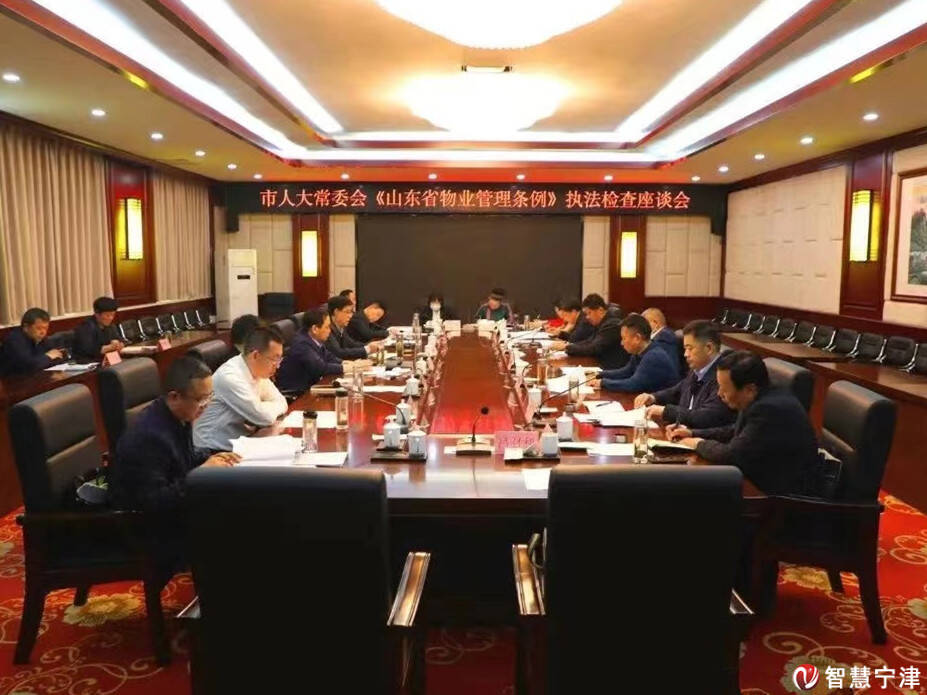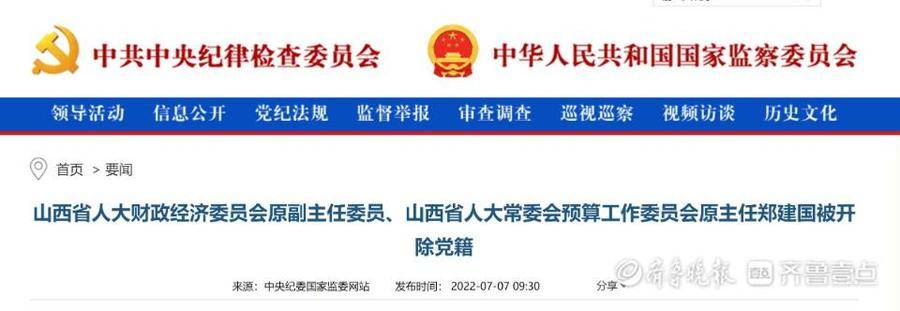my country ’s annual auxiliary reproductive babies exceed 300,000, AI empowerment assisted reproductive testing
Author:21st Century Economic report Time:2022.07.12
On July 11, the National Health and Health Commission replied to the "Suggestions on Increasing the Number of Auxiliary Reproductive Technology Institutions" of the Fifth Session of the 13th National People's Congress. Implement and strengthen supervision, strive to build a auxiliary reproductive technology service network with more matching supply and demand, and more secure service quality, promote the sustainable and healthy development of the auxiliary reproductive technology, and meet the needs of the masses' reproductive health services.
Human auxiliary reproductive technology refers to the use of medical technology and methods to perform artificial operations on puppets, coefficients, and embryos to achieve the purpose of pregnancy. In the response, the National Health and Health Commission introduced that in recent years, my country's auxiliary reproductive technology has developed rapidly. The total number of various technical services has exceeded 1 million each year, and the number of babies has exceeded 300,000, which has made positive contributions to promoting family happiness and social harmony.
In addition to medical problems, the application of auxiliary reproductive technology also involves many issues such as society, ethics, and law. Some legal practitioners have pointed out that they must be cautious in response to this, risk prevention in ethics and society, and maintain the dignity and freedom value of people. For gene screening before embryonic implantation, not only the policy stance of comprehensive legislation, strict restrictions, and legal permission needs to be adhered to, but also to maintain the neutrality of industry executives and review agencies, improve the independence of the ethics committee of the institution, and implement the case approval system. Essence
Relax the condition of the auxiliary reproductive technology and establish the exit mechanism of auxiliary reproductive institutions
It is understood that the auxiliary reproductive technology is a special clinical diagnosis and treatment technology with restricted applications. According to international practice, it must be carried out in the conditional medical institutions, and strict access and supervision must be carried out to ensure the implementation of the entire regulation.
Since 2015, the National Health and Health Commission has issued the "Principles of Planning Guidance for Human Assistance Reproductive Technology (2015)", "Supplementary Provisions on Regulating the Approval of Human Auxiliary Reproductive Technology and Human Sperm Studio" "2021)") and other documents to guide the number of auxiliary reproductive institutions in science and reasonable plans in various places, and at the same time strictly carry out technical reviews to promote the approval process more fair and transparent.
From the end of June 2016 to the end of June 2021, medical institutions that have approved human auxiliary reproductive technology across the country have increased from 451 to 539. Medical institutions that have been approved to set up human sperm bank have increased from 23 to 27, provinces (autonomous regions, municipalities). All medical institutions that carry out human auxiliary reproductive technology have continued to improve services. In recent years, with the decline in the number of women of childbearing age, the number of auxiliary reproductive technology services has basically stable, and the number of services in some areas has shown a downward trend. From the perspective of supply and demand, the existing auxiliary reproductive institutions have basically met the needs of the masses.
Regarding the establishment of an auxiliary reproductive institution withdrawal mechanism, the National Health and Health Commission stated in the response that the auxiliary reproductive technology approval certificate is verified every 2 years, and the approval certificate is not qualified. In recent years, the National Health and Health Commission has issued documents such as "Guiding Opinions on Strengthening Human Affinant Reproductive Technology and Human Sperm Studio" and "Random Random Inspection Measures for Auxiliary Reproductive Technology". Auxiliary reproductive institutions are conducted from time to time. If major management and technical problems are found during the inspection, they are dealt with seriously in accordance with relevant regulations.
In addition, regarding the restrictions on the entry and planning restrictions of artificial fertilization technology in the husband, the National Health and Health Commission stated in the response that my country's husband's artificial insemination technology belongs to the human assisted reproductive technology and includes the application planning and administrative license management of assisted reproductive technology in various places. Medical institutions that have been approved to carry out human auxiliary reproductive technology can carry out husband's artificial insemination technology.
AI empowerment auxiliary reproductive testing
As an emerging market that assisted reproduction, my country has maintained a high growth rate in recent years. The Institute of Open Source Securities Institute estimates that by 2023, the size of the auxiliary reproductive market is expected to increase to 40 billion yuan, which is expected to exceed 100 billion in a long time. Therefore, the potential capacity of the reproductive health testing market is considerable, and it is still a blue ocean.
Recently, Guangzhou Nuwa Life Technology Co., Ltd. (hereinafter referred to as: Nu Wa's Life) successfully completed the tens of millions of yuan Pre-A round financing. Public information shows that Nuwa's life is a life technology company with DNA methylation diagnosis and screening before embryonic implantation. It aims to provide PIMS technical support for IVF.
According to media reports, Nuwa's life has developed the method of using the DNA methylation map for AI intelligent screening of high-quality embryos-Pre-IMPlantation Methylation Screening (PIMS) before embryonic implantation. This technology can At the same time, the information of the embryo chromosome copy and the level of DNA methylation, and combined with the AI intelligent algorithm for intelligent screening of embryo development.
AI can not only assist intelligent screening, but also achieve precise embryo screening and comprehensive options. During the process of nail -based screening before the embryo implantation, the son -in -law can increase the live production rate of the first single embryo transplantation from 30%to 75%. At the same time Base -based information realizes the screening of genetic diseases, especially the whole genome table, and especially the screening of the imprint gene disease, and adopts an artificial intelligence algorithm to accurately predict embryo development potential to achieve excellent selection.
- END -
Ningjin County People's Congress: "Four Enhancement" helps improve the modernization of social governance

Since the beginning of this year, the Standing Committee of the Ningjin County Peo...
After 6 years of retirement, Zheng Jianguo was expelled from the party for 10 years as the "first leader" of the Shanxi Provincial Department of Finance

Reporter Yang LuOn July 7, the website of the Central Commission for Discipline In...